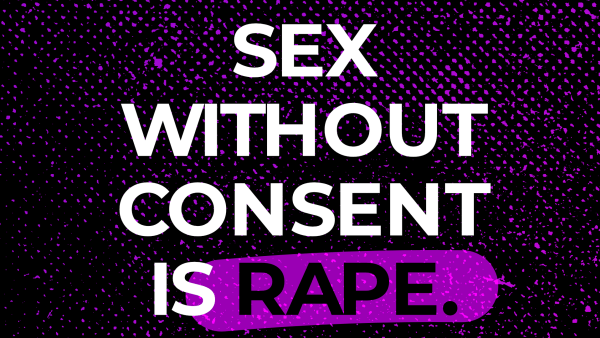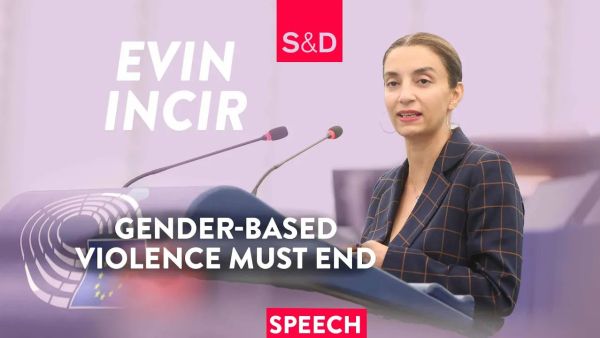More than three months have passed since the last failed attempt to agree on transposing the global deal on a minimum effective tax rate for multinationals into European legislation*. Then, the Hungarian government led by Viktor Orbán vetoed it, despite having initially agreed to it on a global stage. And now when the EU finance ministers meet today, this burning issue is not even on the agenda. With a growing consensus on taxing companies’ excess profits, the impotency of the EU to strike a deal to tax regular profits of multinationals at a rate of 15% is simply outrageous, deplore the S&Ds.
Aurore Lalucq MEP, S&D spokesperson on taxation, said:
“With high inflation and winter ahead, it is abundantly clear that all member states will need all possible tax revenues to shield Europeans from the social and economic impact of Russia’s war against Ukraine. It is simply irresponsible not to tackle this matter.
“Our priority is the urgent implementation of a windfall profit tax. For months now I have been at the forefront of this issue by calling for such a taxation of exceptional profits. The proposal made by the European Commission goes in the right direction and we welcome it.
“However, we believe that we should go a step further by not limiting ourselves to taxing only companies of the energy sector, but by taxing all companies that have made exceptional profits in recent years in a context of war and crisis.
“We are also asking the Czech presidency why the minimum tax for multinationals is not on the agenda of the EU finance ministers today. National vetoes must not be abused for political bargaining. There are proposals to move forward without Orbán’s Hungary. What is the next step?
“We have repeatedly underlined the need to move away from unanimity regarding tax matters. We have also asked the Commission to make use of Article 116** to overcome this situation and called for the implementation of the global tax deal through ‘enhanced cooperation’***”
Note to editors:
*In October 2021, 137 countries across the world reached a historic deal to introduce a minimum effective corporate tax rate of 15%, which for the first time curbs global tax competition. This agreement, concluded under the OECD/G20 framework, now needs to be translated into European law and into the legislative frameworks of all other signatories. There is still no deal on its transposition into EU legislation. The implementation of this deal would yield €64 billion annually in additional tax revenues for the EU. However, just after Poland withdrew its longstanding veto, it is now Hungary blocking the agreement. This veto seriously calls into question the viability of unanimity voting in tax policy.
**Article 116 of the Treaty on the Functioning of the EU refers to a provision in the treaties whereby unanimity voting can be replaced by qualified majority voting in instances where there are distortions to competition in the internal market.
***Enhanced cooperation is a procedure that enables a minimum of nine EU member states to cooperate in a particular field within the EU if the union as a whole cannot agree on such cooperation within a reasonable period. The procedure is designed to overcome stalemate where a particular proposal is blocked by one or more member states. This procedure has been used several times, for example in the fields of divorce law and patents, as well as to protect the financial interests of the EU by setting up the European Public Prosecutor’s Office.
Read more about the S&Ds’ long-standing campaign for tax justice.











